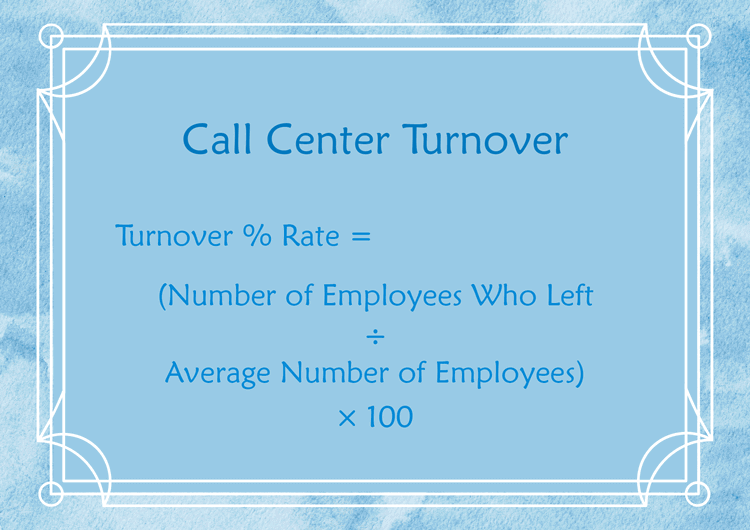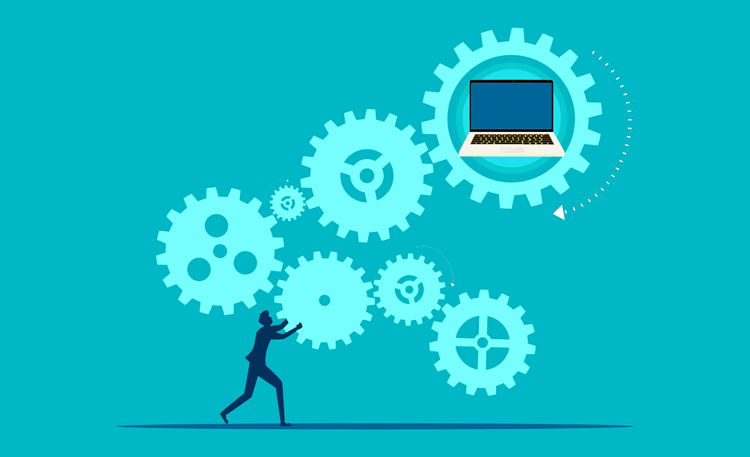IT Incident Management Fully Examined: Step-By-Step Process, Best Practices & How AI Is Being Used
Something is wrong. An application is down, users cannot log in, and your inbox is filling up with complaints. What happens next, and how fast, depends entirely on whether your organization has a solid IT incident management process in place.











